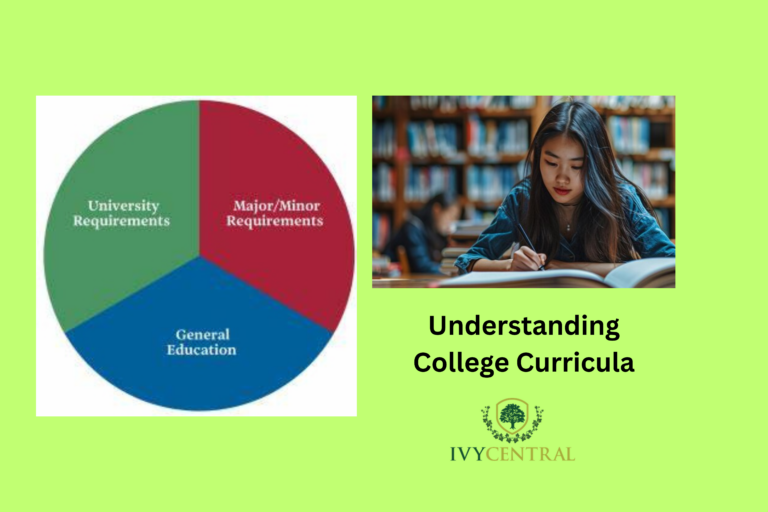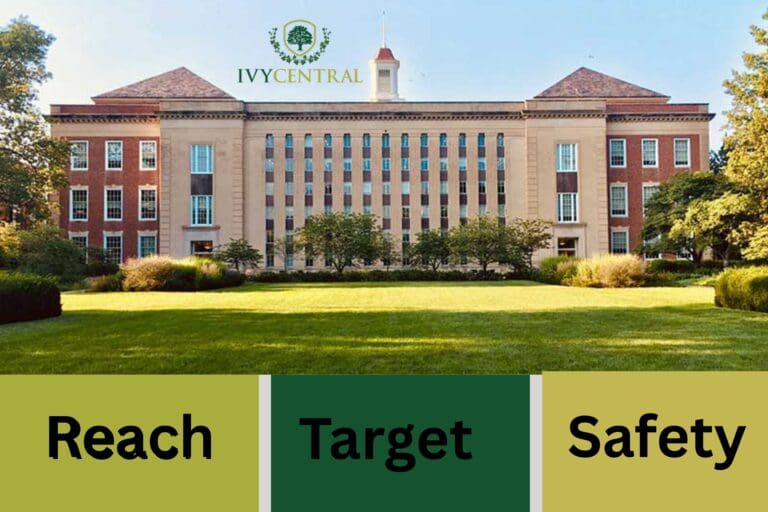
Here at Ivy Central, we get lots of questions about AP Tests, are they needed or useful in the US college application process, how many should you do, and are some subjects more valuable than others? This article will help you answer these and other questions about AP Tests.
What are AP Tests?
Students in the United States take advanced Placement Tests (or AP exams) at the culmination of the year-long AP Courses. These courses are also offered in some international schools in other parts of the world; other options include taught online courses such as those provided by Pearson’s, or students can self-study. The exams happen once a year in May.
AP exams contain multiple-choice and writing (free-response) sections. World languages also have a speaking component, and the music theory exam has a sight-singing task.
Test length varies according to the subject being tested; psychology lasts just two hours, while STEM subjects typically take three and fifteen minutes; studio art exams have portfolio assessments as part of the test.
There is a complicated scoring system, but students will be awarded a grade between 1 and 5.
1 – No recommendation
2 – Possibly qualified.
3 – Qualified
4 – Very well qualified
5 – Extremely well qualified
What subjects can I study?
The range of subjects offered by The College Board is vast and covers all the main study areas you would expect. A complete list can be found on the College Board website, which has detailed breakdowns for each subject. However, irrespective of whether you are studying APs in school or self-studying, it is likely that your choice of topics will be limited to some extent. Some subjects will attract such a small number of students that schools and test centers will choose not to make them available. Subjects usually available and popular with our students include biology, chemistry, Physics 1 and 2, US, World, and European history, calculus AB and BC, and psychology.
Why will APs help my college application?
Doing AP tests are optional to apply to college; many Ivy Central students get great results from their college applications without ever having taken one. Good AP results can boost the likelihood of being accepted into college in several ways.
· AP courses are considered a college-level program, so if the curriculum your school offers is not considered the most demanding, having some AP results on top of your school results shows that you can work at a college level.
· You can use AP courses as a way of showing a greater breadth to your academic interests, either by doing a test in a subject you were not able to do in high school or by taking what you have learned in school to a higher level and thereby showing that you have a more vital ability in that subject and the demonstrate interest to pursue your interests beyond the curriculum. In 2021 the College Board stopped offering the SAT Subject tests, meaning that completing AP exams is possibly the best way to demonstrate that additional breadth in your studies.
Are there other benefits to doing APs?
Absolutely. As we have already seen, APs are a way of showing competency equivalent to the first year of college. Many colleges will give you credit for demonstrating this and not require you to do first-year classes in that subject when you start college, so somebody who has achieved three or above in AP English may not have to do a freshman writing program at college. This benefits you because you can use the time to do other courses in areas you are interested in or even complete work ahead of time enabling you to graduate earlier.
The other significant potential benefit of doing APs is that if you are applying to a college that offers merit scholarships, then having APs in your profile will improve your prospects of receiving such an award.
Read More: William and Marry College
Are there any students who should not do APs?
In general, anybody who wants to demonstrate their abilities could consider doing one or more APs, but they’re a couple of essential considerations. The first thing colleges are going to look at is your performance in school; if you are not doing as well as you would like in school, it would nearly always be better to concentrate on improving your school performance rather than distracting yourself with the additional demands of studying for AP’s as well. The second consideration is the strength of your extracurricular activities. Demonstrating your academic prowess while having a mediocre set of extracurricular activities is unlikely to get you into the top colleges and universities in the US. Studying and preparing for APs will take up a lot of valuable time; you should ask yourself where that time is best spent.






